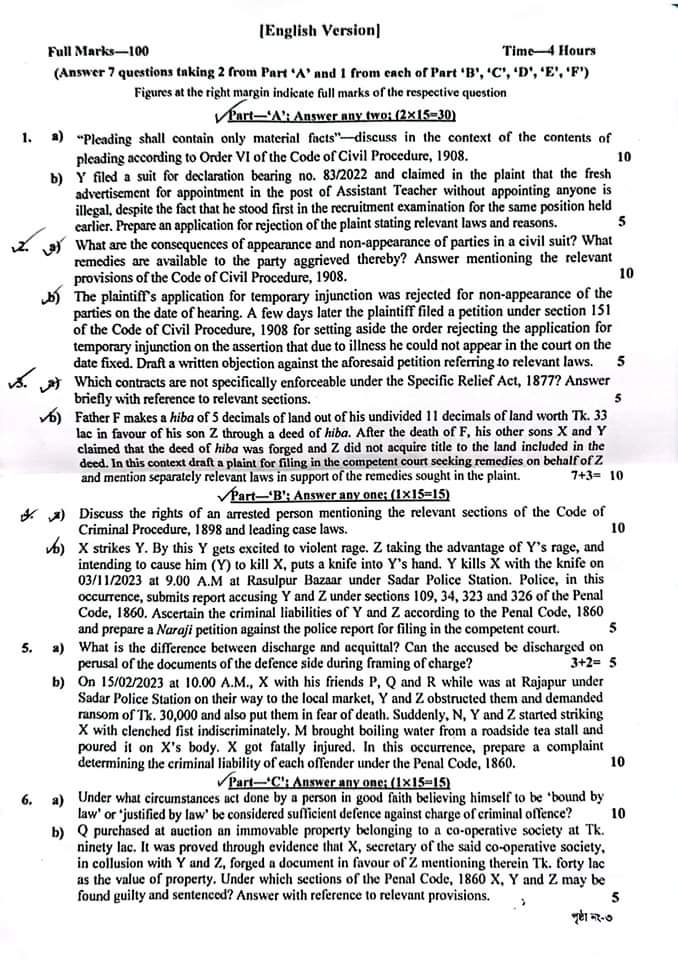If the borrower fails to repay the loan, the guarantor is not barred from auctioning the property

As we know that banks or financial institutions can file artharin suits against three types of persons i.e. borrowers, mortgagor of security against loans and guarantor against loans under section 6 of the Artharin Adalat Ain, 2003 to recover loans by selling mortgaged properties through auction. But, dispute arises regarding the attachment and auctioning the property of guarantor when the borrower fails to repay the loan or the defaulted loan cannot be realized fully by selling the mortgaged property. Recently the Appellate Division of the Supreme Court of Bangladesh has passed a rule in this regard.
Henceforth, if one wants to take a loan from a bank or other financial institution, it would be wise to think twice before becoming its guarantor. Because the guarantors will no longer be able to protect themselves by distinguishing the relationship from the original borrowers. If the original borrower defaults, they cannot avoid paying the entire loan with interest by using the court order as a shield.
Facts:
AK Ali Traders, an importer of various machineries, took a loan of Tk 11 crore from a Gazipur branch of Agrani Bank in 2008. Ali Reza Shawon, the owner of the company, mortgaged some of his properties to the bank and also made his friend, businessman Dewan Murad Hossain, a guarantor for the loan.
That same year, when the bank filed a leave-to-appeal against the High Court's order, the Appellate Division Chamber Judge upheld the High Court's order and referred the appeal to a full bench headed by the Chief Justice for hearing.
The appeal was settled in January this year and the Appellate Division annulled the order of the High Court and announced the verdict.
Reasonings:
In a full judgment, the court said that according to the Credit Courts Act, 2003, there is no bar to adjust the bank's debt by auctioning the property of a guarantor.
According to the judgment, under the power of Section 6(5) of the Finance Court Act 2003, the financial institution can file a case against the guarantor of the loan if the original borrower defaults.
However, if the guarantor pays the decree claim on behalf of the plaintiff, the said decree shall be transferred in their favor respectively and they can enforce the same against the defaulter, the judgment also stated.
The Appellate Division said in the observation of the judgment, that many times the guarantors or defaulters take orders on their behalf by misleading the High Court in such matters. And the High Court often fails to understand the 'original spirit' of the law.
The Appellate Division has directed the High Court to conduct the proceedings with caution in the matter of writs.




